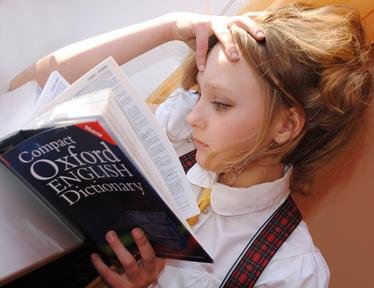Quiz Answer Key and Fun Facts
1. A man walks by, in the late 19th Century U.S. You overhear one person say about him to another, "There goes one of the Lord's own." What are they saying about him, assuming they're using slang and not being literal?
2. "Don't worry. He's one of the lads," says an Englishman in the 1890s about a man who's just walked up to join your private conversation. What does that mean?
3. Who is a "one-in-ten"? A person might think of gruesome forms of decimating the enemy, but without shepherding you through to the answer, I'll just say that this is based on another common word meaning a tenth.
4. If someone lives in a one horse town, what sort of town does he live in, according to 19th Century American slang?
5. How was a 19th Century lower-class westerner in the U.S. apt to pronounce the word "once"?
6. "That's a one-eyed town," says an actor, in a discussion about where to plan future performances. It's the 19th Century, England. What does he mean?
7. A mid-19th Century Englishman complains the newspaper is taking a decidedly one-sided point of view. What does he mean?
8. "I just got hired as a bank teller!" says a shabby illiterate friend. "Don't tell me one," you reply, in the slang of 19th Century England. What do you mean?
9. Around 1900, a man is referred to as "one and a peppermint drop." What does this tell you about him?
10. Miss Sally Brass is called a "one-er," in 19th Century England. What does that mean?
Source: Author
littlepup
This quiz was reviewed by FunTrivia editor
looney_tunes before going online.
Any errors found in FunTrivia content are routinely corrected through our feedback system.


